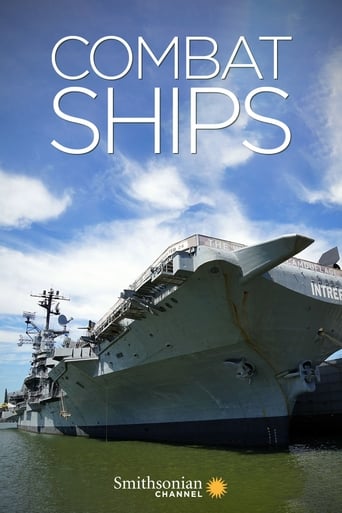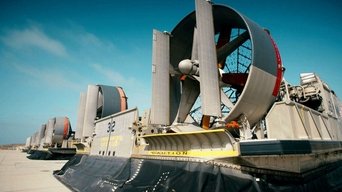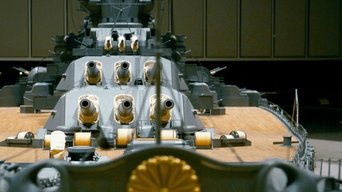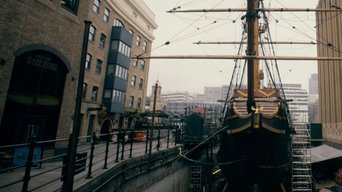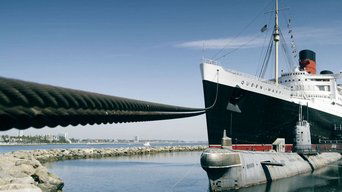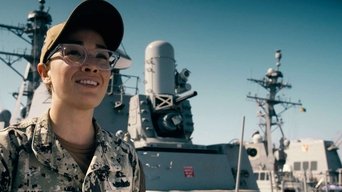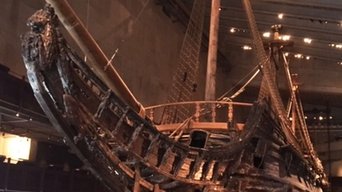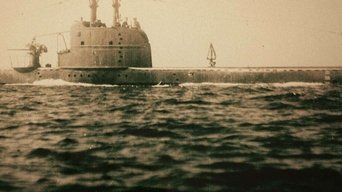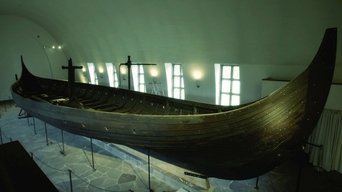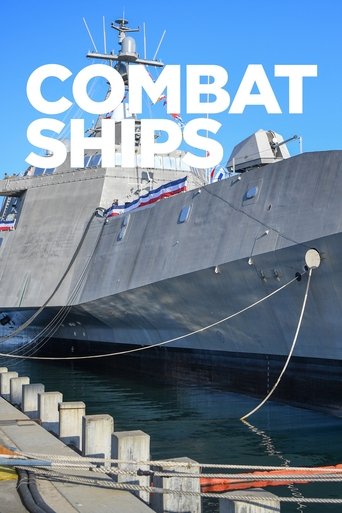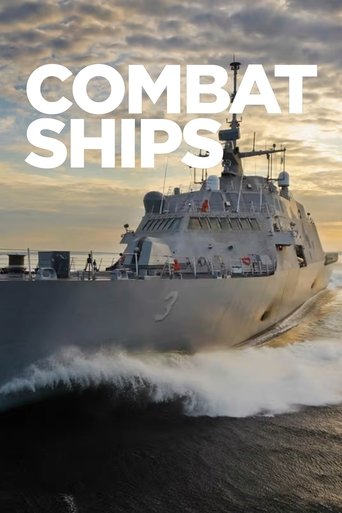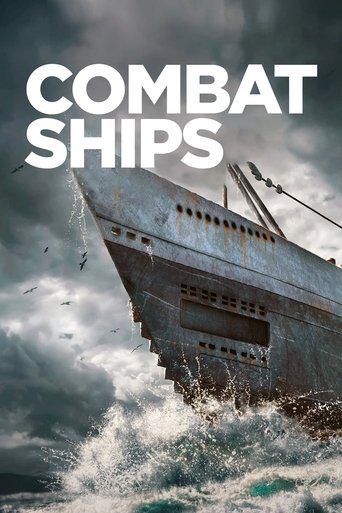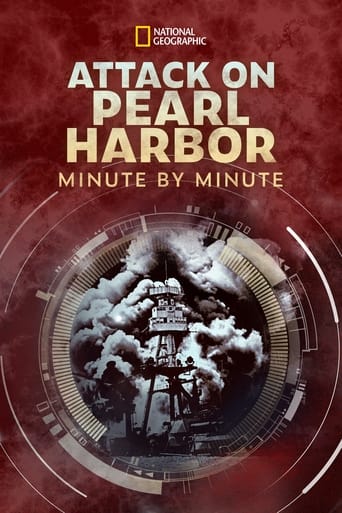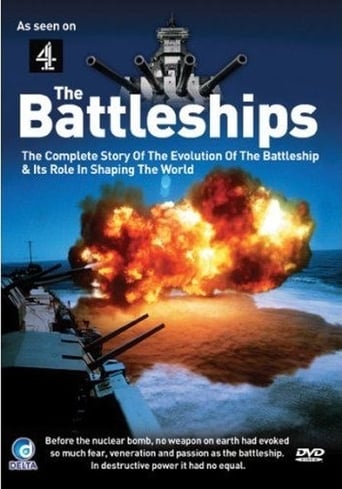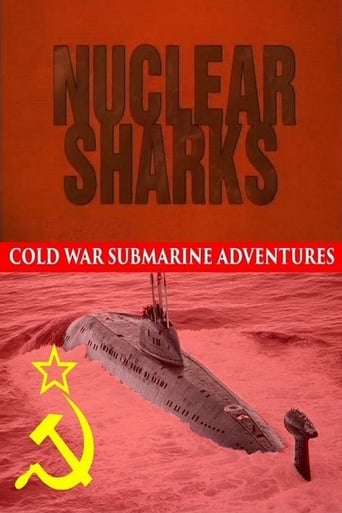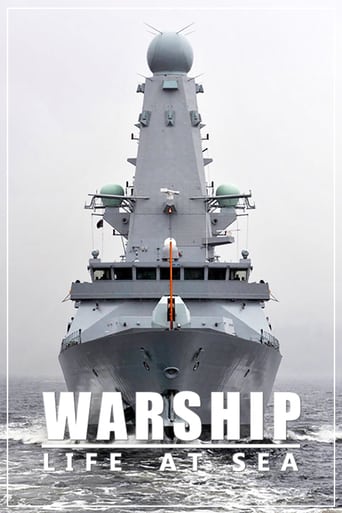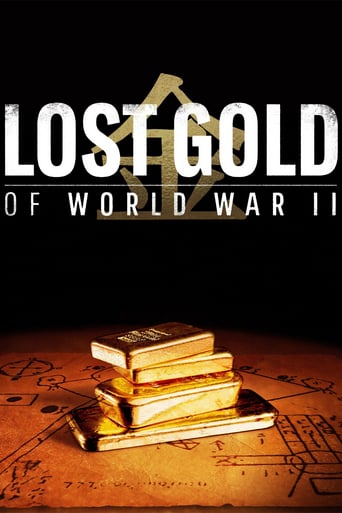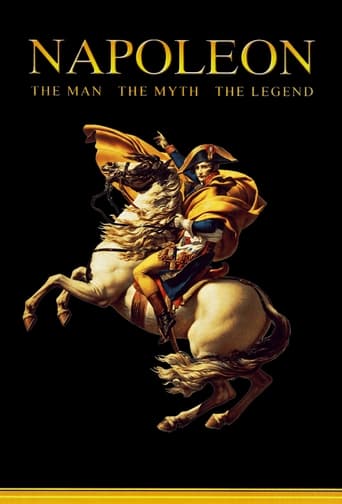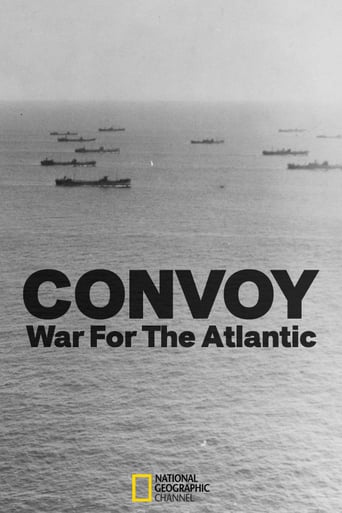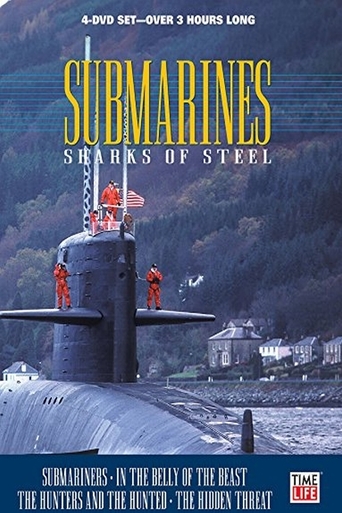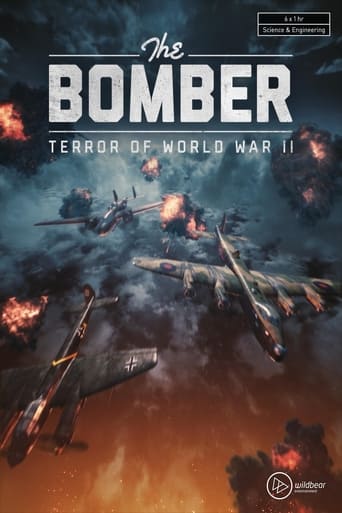Combat Ships Season 2
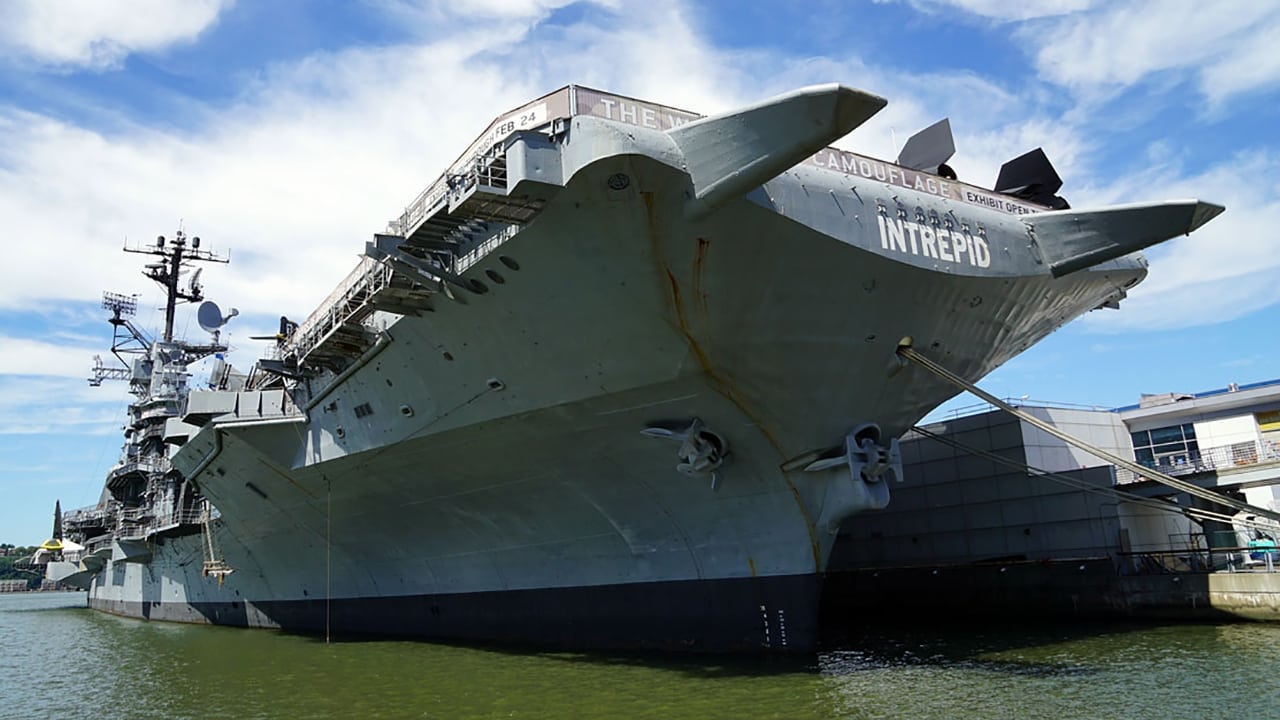
The very first submarine, which legend claims lurked beneath New York Harbor during the American Revolutionary War. The small ships that rescued thousands from Dunkirk. The destroyer that forced the easing of the Cuban Missile Crisis. Over the centuries, conflicts have prompted advances to ship designs, making vessels stronger, faster, smarter, and capable of changing the course of wars. Join us as we examine the world's greatest Combat Ships, and reveal how they shaped world history and inspired men and women to acts of incredible courage.
Watch NowWith 30 Day Free Trial!
Combat Ships
2017


The very first submarine, which legend claims lurked beneath New York Harbor during the American Revolutionary War. The small ships that rescued thousands from Dunkirk. The destroyer that forced the easing of the Cuban Missile Crisis. Over the centuries, conflicts have prompted advances to ship designs, making vessels stronger, faster, smarter, and capable of changing the course of wars. Join us as we examine the world's greatest Combat Ships, and reveal how they shaped world history and inspired men and women to acts of incredible courage.
Watch Trailer
Combat Ships Season 2 Full Episode Guide
Amphibious vessels: specialized landing craft built to go where no other combat ship can reach and able to deliver tanks, jeeps, soldiers, and supplies to the front lines. We detail some of the greatest ships in the history of amphibious warfare, from the LCT, which dropped the huge Allied fighting force onto the beaches of Normandy in 1944, to the Swift boats that patrolled Vietnam's shores. We also chart the evolution of combat hovercraft, and how the PACVs of the '60s grew to become a mainstay for the U.S. Navy's Assault Craft Units.
It was a microcosm of naval warfare, involving battleships, carriers, destroyers, submarines, kamikazes, and fighter jets, all embroiled in an epic, three-day battle that marked the beginning of the end to the Pacific War. This is an inside look at the Battle of Leyte Gulf and the thousands of vessels involved, including the largest, most powerful battleships ever built: Japan's Musashi and Yamato. We detail the brilliant strategies, heroic acts, stunning decisions, and mighty machines that made this the biggest sea conflict in history.
In the 16th century, the Spanish Armada were the reigning maritime superpower, with mighty galleons at their disposal. The English, on the other hand, were the upstarts, opportunistic pirates with inferior ships. Led by buccaneering figures such as Francis Drake and John Hawkins, English ships technology began to catch up, leading to the revolutionary "race-built galleons." In 1588, both sides would meet in battle for the right to be declared rulers of the waves.
From the capture of U-505 to the sinking of the Lusitania; from the war games of Gilbert Roberts that man behind the fabled 'Operation Raspberry," which nullified the threat of German U-boats, to the highly cinematic deception at the heart of the Pentagon's capture of a sunken Soviet nuclear sub. Covert missions and secret strategies have been at the heart of naval engagement since the very beginning, often helping pick the winners. Join us on a revealing and highly classified look.
Destroyers and cruisers are the quintessential combat ships, each featuring speed and firepower while carrying out unique roles within a navy. We highlight the similarities and differences of these two warships and share stories of some of the most influential vessels and battles, from the lone-wolf cruiser, HMS Gannet, which became a powerful symbol of the Victorian anti-slavery campaign to the legendary USS Laffey, the World War II destroyer that stared down the largest kamikaze attack in history.
Throughout the ages, combat ships were built to be fast and deadly, combining clever design, raw firepower and human heroism to carve out glory in battle. But some vessels, let down by bad design or bad luck, would go on to become bywords for failure: from the 16th-century Swedish warship that sank on its maiden voyage, to the Royal Navy's HMS Hood--a WWI cruiser with so little armor, she was easily dispatched by Germany's legendary Bismarck. It's a sobering account of the greatest tragedies in naval history.
Over the past century, combat ships have been operating in secret, unseen by the enemy. Today, the military uses groundbreaking, radar-reflecting technology to evade detection, but well before then, the U.S. Navy has employed stealth tactics to pull off crucial operations that helped win wars. Join us as we take a look at World War II operations involving the small and fast PT boat and the legendary submarine HMS Seraph. Then see how the 1985 prototype Sea Shadow paved the way for the stealth ships of today.
Over the centuries, longships evolved from swift war canoes to become the preeminent fighting machines of the age. For over 200 years, Vikings depended on these vessels to carry them across the ocean to trade and to plunder. With names such as Surf Dragon and Great Serpent, these ships became part of Viking culture and took on almost magical properties. But what was the secret behind their power? We examine the story of longships and those who built them, a people who were often violent and bloody...but also expert craftsmen.
Free Trial Channels
Seasons


